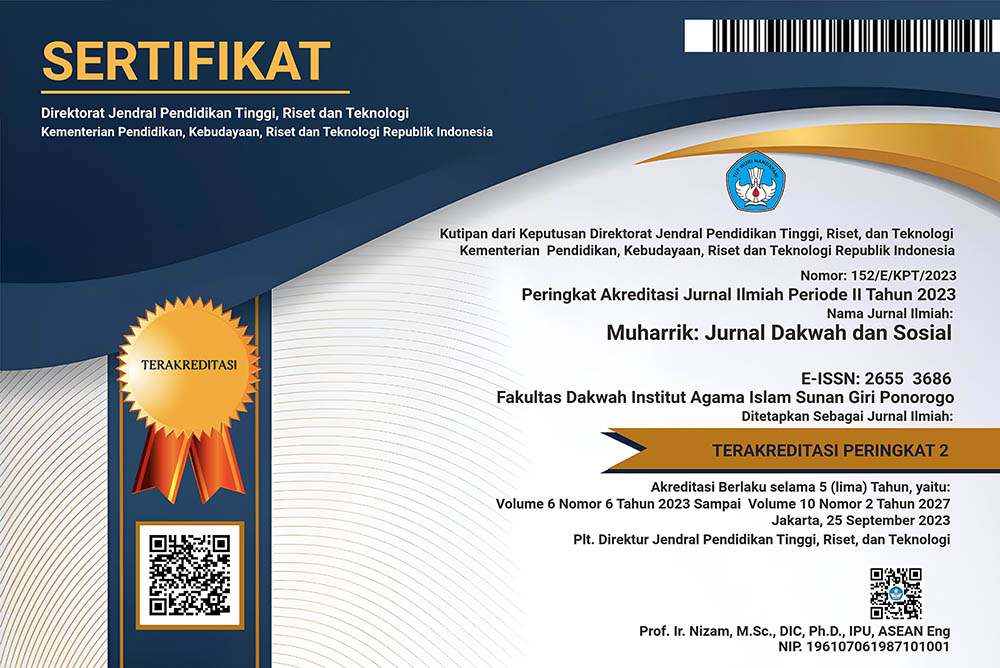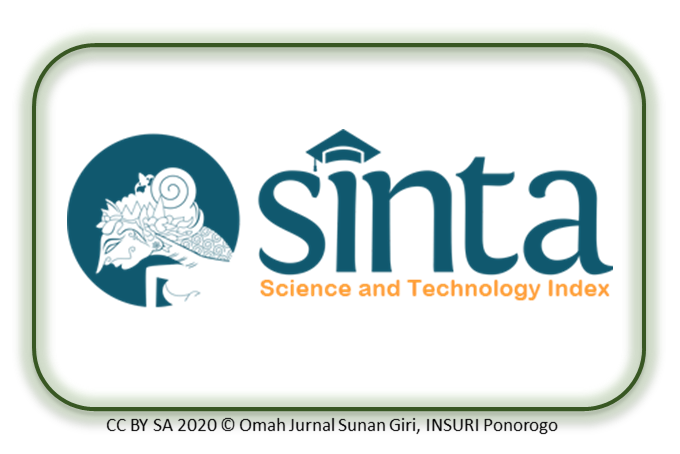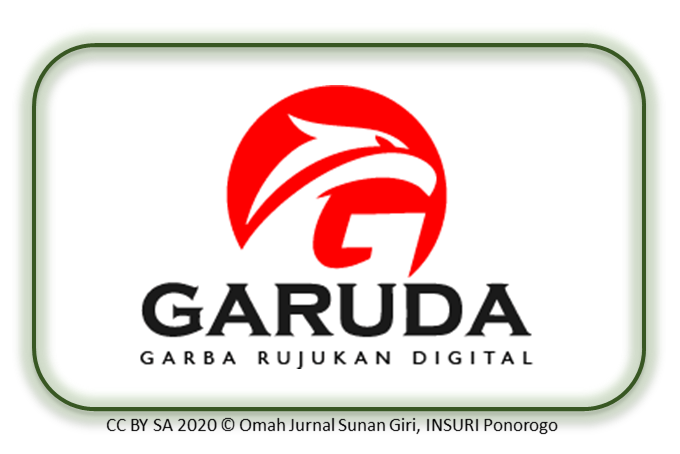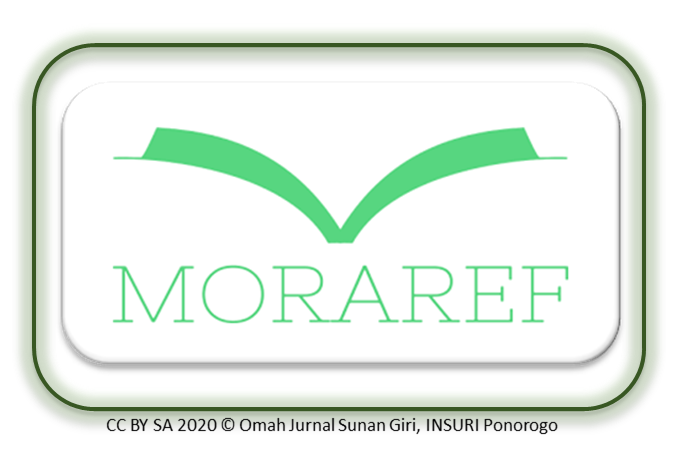The Dynamics of Ethnonationalism and Conflict Resolution in Papua
Keywords:
Ethno-nasionalism, Conflict Resolution, Papua, Ethno-developmentAbstract
The dynamics of the conflict in Papua which is often volatile and take a long way are the impact of the complexity of the problem since it was integrated with the Unitary State of the Republic of Indonesia. Differences in perspective from the history of integration, discrimination, economic inequality, and human rights violations encourage indigenous Papuans to give birth to an ethnonationalism movement. On the other hand, the dual strategic approach that has been implemented in Papua is both in welfare and security. The Government seeks to improve and facilitate access to the fundamental rights of the Papuan people within the framework of development in line with local wisdom or known as ethno-development. In order to contribute to previous studies, this article attempts to critically analyze the ethnonationalism movement in Papua and the factors that drive the emergence of conflicts and strategic efforts to resolve conflicts through ethnodevelopment. The ethnodevelopment approach is based on the cultural integrity of the local population who play an essential role in actively participating in social change. Ethno-development is also a parameter for the implementation of space for freedom of expression in Papua to acknowledge local culture and wisdom.
References
Aryowiloto, J. (2019). Ethnic Diversities as Development Capital in Southeast Asia Region. Global Local Interactions: Journal of International Relations, 1(1), 27–44.
Bhakti, I. N., & Pigay, N. (2016). Menemukan Akar Masalah dan Solusi Atas Konflik Papua: Supenkah? (Finding the Root of Problems and Solutions to Papuan Conflict: Is it important?). Jurnal Penelitian Politik, 9(1), 18.
Gault-Williams, M. (1987). Organisasi Papua Merdeka: The Free Papua Movement Lives. Bulletin of Concerned Asian Scholars, 19(4), 32–43.
Hasirun, L., Suryo, D., & Wulandari, T. (2018). From Papua Ethnonationalism to Indonesian Nationalism: A Historical Study. Proceedings of the 1st International Conference on Science and Technology for an Internet of Things.
Kaisupy, D. A., & Maing, S. G. (2021). PROSES NEGOSIASI KONFLIK PAPUA: DIALOG JAKARTA-PAPUA. Jurnal Ilmu Sosial Dan Humaniora, 10(1), 82–98.
Karim, D. B. (2012). Whose development? the need for conflict-sensitive development in Papua, Indonesia. Journal of Peacebuilding & Development, 7(1), 95–100.
Kholilurrachman, H. (2016). Kebijakan Politik dan Militer Pemerintah Republik Indonesia terhadap Gerakan Pengacau Keamanan (GPK) Organisasi Papua Merdeka (OPM) 1996-2002.
Kusumawardhani, I., & Afriansyah, A. (2020). Free Papua Organization: Belligerent, Combatant, or Separatist? 3rd International Conference on Law and Governance (ICLAVE 2019), 311–319.
MEGANTARA, S. (2013). Upaya Organisasi Papua Merdeka (OPM) Dalam Menggalang Dukungan Internasional Untuk Kemerdekaan Papua. UPN" Veteran" Yogyakarta.
Mukhtadi, M. (2021). STRATEGI PEMERINTAH DALAM PENANGANAN GERAKAN SEPARATIS PAPUA DAN IMPLIKASINYA TERHADAP DIPLOMASI PERTAHANAN INDONESIA (GOVERNMENT STRATEGIES IN MANAGING PAPUA SEPARATIST MOVEMENT AND ITS IMPLICATIONS ON DEFENSE DIPLOMACY). Jurnal Diplomasi Pertahanan, 7(2).
Muntaha, P. Z., Kharisma, V. D., & Hanita, M. (2019). INDONESIAN GOVERNMENT APPROACHES AND POLICIES FOR RESOLVING PAPUA CONFLICTS. International Journal of Research-Granthaalayah, 7(12), 123–132.
MUTAQIN, A. (2013). Otonomi Khusus Papua Sebuah Upaya Merespon Konflik Dan Aspirasi Kemerdekaan Papua. Politika: Jurnal Ilmu Politik, 4(1), 5–18.
Noor, F. (2019). Analisis Terhadap Kebijakan Pemerintah Tentang Separatisme Papua Analysis of Government Policy on Separatism of Papua. Jurnal Pertahanan, 7(3), 83–100.
Ondawame, O. (2000). “ One People, One Soul”: West Papuan Nationalism and the Organisasi Papua Merdeka (OPM)/Free Papua Movement.
Paramitha, N. P. T. (2019). PERALIHAN MODEL PERGERAKAN SEPARATISME ORGANISASI PAPUA MERDEKA (OPM) DENGAN PEMANFAATAN STRATEGI NON-KEKERASAN PASCA TAHUN 2000. Universitas Airlangga.
Putra, G. N. S., Legionosuko, T., & Madjid, A. (2019). Strategi Pemerintah Indonesia terhadap Negara-Negara Anggota Melanesian Spearhead Group (MSG) dalam Menghadapi Propaganda Organisasi Papua Merdeka (OPM): Studi Kasus Negara Republik Vanuatu. Peperangan Asimetris, 5(2).
Sinaga, M. (n.d.). Dampak Pelabelan Teroris OPM (Organisasi Papua Merdeka) terhadap Prospek Perdamaian Papua.
Singh, B. (2017). Papua: Geopolitics and the quest for nationhood. Routledge.
Sugandi, Y. (2008). Analisis konflik dan rekomendasi kebijakan mengenai Papua. Friedrich-Ebert-Stiftung.
Supriatma, A. M. T. (2013). TNI/POLRI in West Papua: how security reforms work in the conflict region. Indonesia, 95, 93–124.
Trajano, J. C. I. (2010). Ethnic nationalism and separatism in West Papua, Indonesia. Journal of Peace, Conflict and Development, 16, 12–35.
Upton, S. (2009). The impact of migration on the people of Papua, Indonesia. Disertasi, University of New South Wales.
Viartasiwi, N. (2018). The politics of history in West Papua-Indonesia conflict. Asian Journal of Political Science, 26(1), 141–159.
Wospakrik, D. (2016). Gerakan Separatisme di Papua mengurai konflik dan solusi penyelesaian Papua-Jakarta.
Downloads
Published
Issue
Section
License
The author(s) retain/s the copyright and grant/s Muharrik: Jurnal Dakwah dan Sosial the first publication rights licensed under the Creative Commons Attribution-NonCommercial 4.0 International (CC BY-NC 4.0) , which allows others to access (search, read, download and quote), share (copy and redistribute the material in any media or format) and adapt (mix, modify and develop) works for legitimate non-commercial purposes, with recognition of the authorship of the work and its initial publication in this journal.













